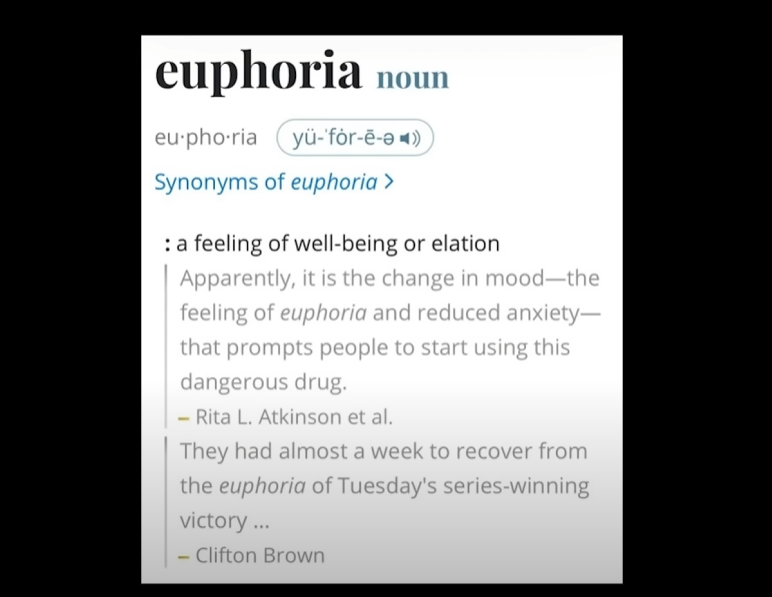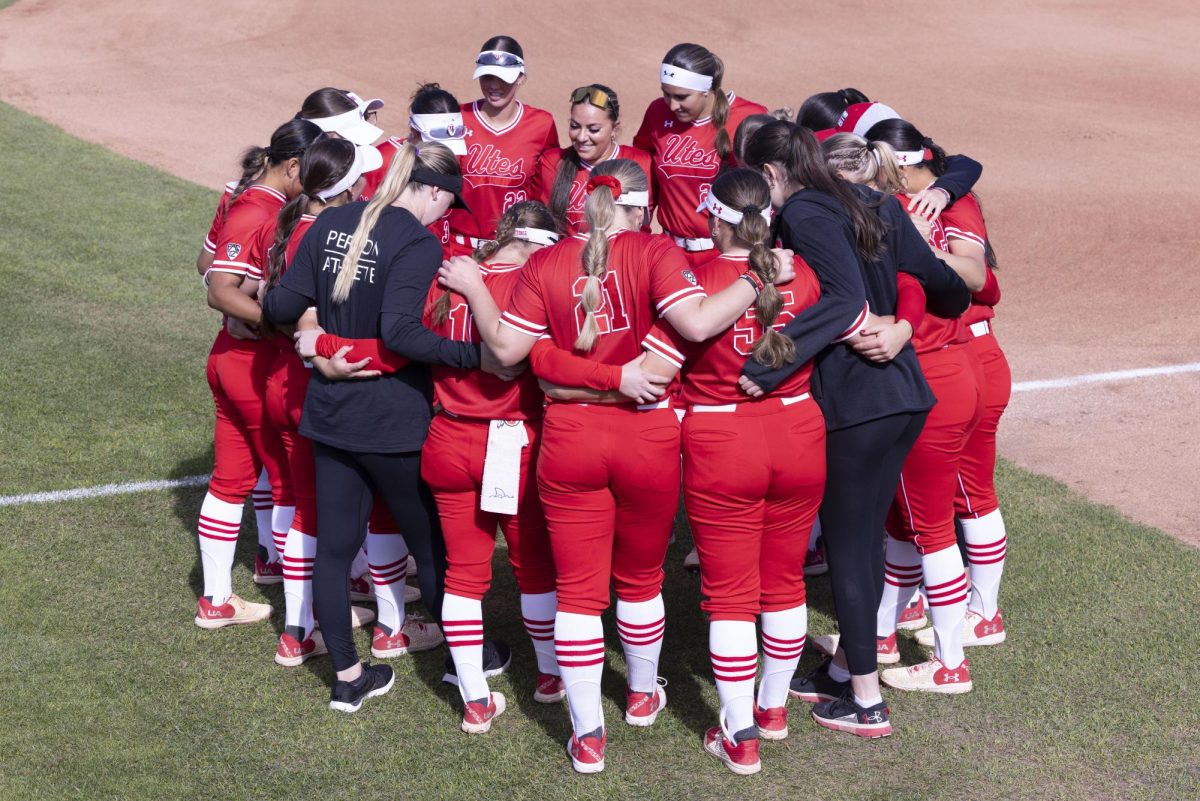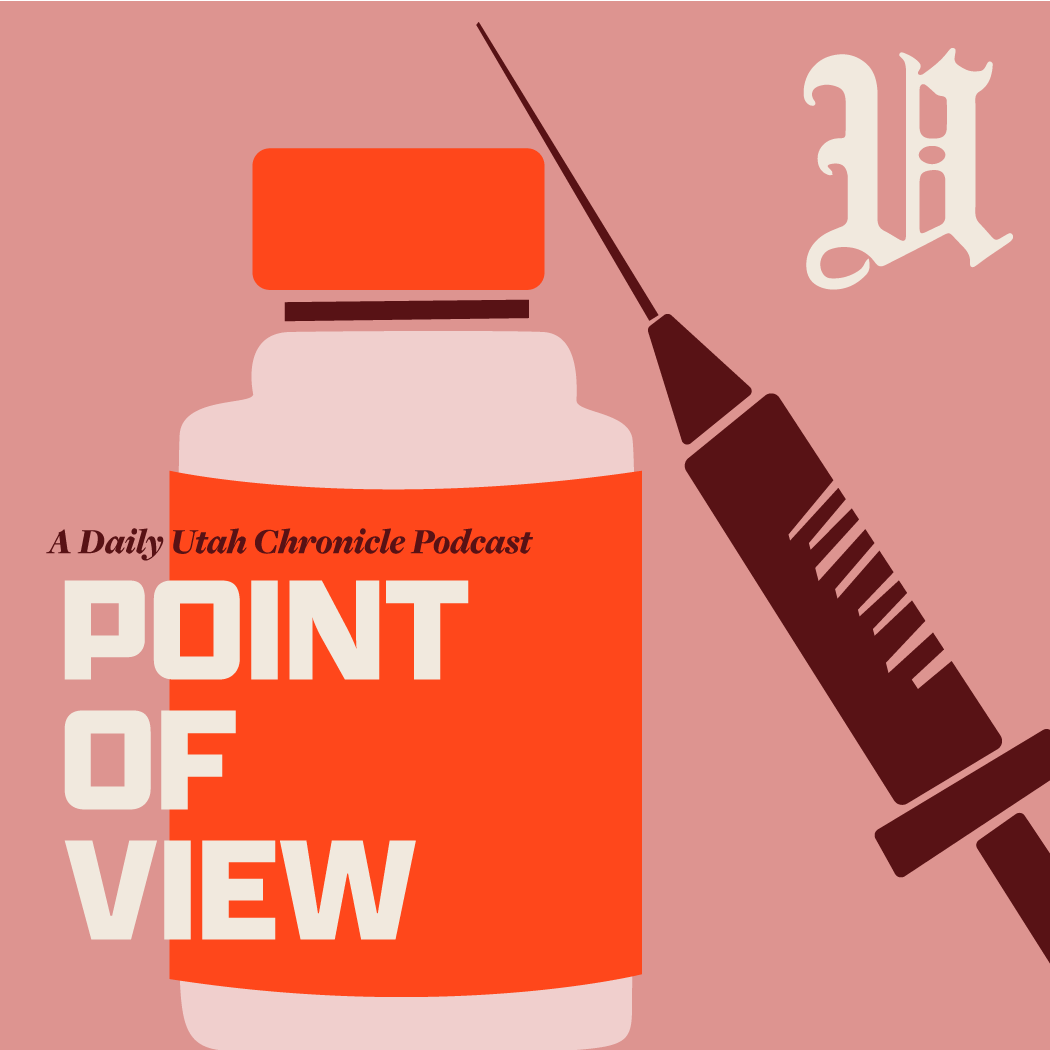
Every year a new class of fresh-faced students arrive on college campuses around the country. Some have already planned ahead and received college credit in high school by taking advantage of Advanced Placement (AP) credits. What remains unseen is whether or not these students are actually prepared to receive those credits ahead of time. It appears as though the AP credits are not worth as much as previously thought.
The AP program has been in place since 1955 and the College Board has run it since its inception. However, it has changed from a small group of schools and students, to millions of students and almost every school in the U.S.
Change has been kind to the College Board’s pocketbooks, with an explosion of revenue and students opting into the system. To compensate for the nationwide exposure, the College Board has changed many things about the structure of the AP program.
The changes have made it so that AP credit is not comparable to actual college credit. Those changes are the reasons that AP and the College Board should not be accepted in any colleges, including the U.
In the beginning, the AP system design was intended to create a way for advanced students to get a comparable college course and credit while still in high school. Only the top echelon of students took the AP exams yearly, and it was only offered in few collegiate prep schools. Over time, the testing has been expanded to make it available nationwide to students in all areas.
AP tests will have a fee of 89 dollars per test, according to the standard set forth by the College Board for 2014. Multiply that by a larger and larger number of students taking the test each year, and it is easy to see how this has produced an explosion of funding nationally.
The College Board is a nonprofit organization, which means it is tax-free. However, it has salaried executives which, according to Dean Zerbe, a former senior tax counsel for the Senate Finance Committee, earn “the kind of salary I would expect from a for-profit business that is paying taxes … Congress should keep a hard eye at these tax-exempt testing companies that pay big-time salaries and seem to want to shake every dollar possible out of the pockets of students applying to college.”
Large money aside, the College Board has still not made the steps necessary for students nationwide. Lost in the shuffle of the explosion of revenue are the decreasing core standards of the AP tests. An AP test is supposed to be used as a tool to see how proficient a student is at a subject so their hard work can count for college credit. The College Board has lured schools and students into using them because students want to get ahead of the curve for college. However, the classes themselves are simply not comparable.
A Harvard study in 2006 surveyed 18,000 students enrolled in introductory biology, chemistry and physics and found little evidence that high school AP courses significantly boost college performance in the sciences. That means that AP classes have not been comparable to the classes that they are giving credit for.
When Dartmouth College recently decided to question giving credit for AP scores, it caused a fuss. However, they had their reasons.
“The psychology department got more and more suspicious about how good an indicator a 5 on the AP psych exam was for academic success,”said Hakan Tell, a classics professor who heads Dartmouth’s Committee on Instruction.
The department decided to give a condensed version of the Psych 1 final to incoming students instead of giving the students credits. Of more than 100 students who had scored a 5 on the AP exam, 90 percent failed the Dartmouth test while the other 10 percent were given Dartmouth credit according to the New York Times article. A 90 percent failure rate is proof enough that the AP classes and tests are failing the students and colleges alike and should not receive credit.
Dartmouth College isn’t the only major institution which has questioned the AP credit. Harvard, which was a pioneer in the beginning of the AP system, has stopped giving any credit altogether. Any self-respecting higher institution of learning should take another look at this system and see its hard negatives. The expansion of students taking AP classes has increased the amount of money made, but lowered the standards of education. The goal of giving credit should be to increase the standard of learning, not lower it.










Hannah • Sep 20, 2013 at 8:01 am
My AP and IB classes were more difficult than most of my introductory classes at the U. Then again, I was in AP/IB from 2001-2005. Still, it’s not hard for an IB or AP English class to be harder than Writing 2010. My Honors Intellectual Traditions classes were more on par with my high school honors classes than my other intro classes.
Hannah • Sep 20, 2013 at 8:01 am
My AP and IB classes were more difficult than most of my introductory classes at the U. Then again, I was in AP/IB from 2001-2005. Still, it’s not hard for an IB or AP English class to be harder than Writing 2010. My Honors Intellectual Traditions classes were more on par with my high school honors classes than my other intro classes.
cindy • Sep 18, 2013 at 12:01 am
If the author wants to make the argument that we shouldn’t accept AP credit at the U because AP doesn’t equate a “college level” course, maybe the U should stop accepting transfer or concurrent credits from SLCC while we’re at it. (I’m kidding, by the way)
Like others have said, the truth is, we are not Harvard or Dartmouth. I’m just speculating here, but I feel pretty safe in saying that introductory level courses at those institutions are much more difficult than introductory courses here at the U.
There is a reason why those schools don’t accept AP/IB credit. All of their applicants have taken AP/IB classes. There is no way you could even imagine getting accepted to either Dartmouth or Harvard without having taken those classes in high school. I am willing to bet almost all of the incoming freshmen at Dartmouth, Harvard, and any other Ivy League for that matter have AP/IB on their high school transcript, so there is no point in accepting those credits. The U simply cannot say the same about their incoming class.
cindy • Sep 18, 2013 at 12:01 am
If the author wants to make the argument that we shouldn’t accept AP credit at the U because AP doesn’t equate a “college level” course, maybe the U should stop accepting transfer or concurrent credits from SLCC while we’re at it. (I’m kidding, by the way)
Like others have said, the truth is, we are not Harvard or Dartmouth. I’m just speculating here, but I feel pretty safe in saying that introductory level courses at those institutions are much more difficult than introductory courses here at the U.
There is a reason why those schools don’t accept AP/IB credit. All of their applicants have taken AP/IB classes. There is no way you could even imagine getting accepted to either Dartmouth or Harvard without having taken those classes in high school. I am willing to bet almost all of the incoming freshmen at Dartmouth, Harvard, and any other Ivy League for that matter have AP/IB on their high school transcript, so there is no point in accepting those credits. The U simply cannot say the same about their incoming class.
bitchnigger • Sep 16, 2013 at 6:25 pm
communist
CaptainObnoxious • Sep 20, 2013 at 10:05 pm
Riveting comment!
bitchnigger • Sep 16, 2013 at 6:25 pm
communist
CaptainObnoxious • Sep 20, 2013 at 10:05 pm
Riveting comment!
Rachal Marina Rose • Sep 16, 2013 at 4:43 pm
What about International Baccalaureate college credit? IB kids work wayyy harder than AP students especially because full diploma students are expected to write a 4000 word research paper, attend an early bird class in addition to their 6 other core classes and complete 150 of community service hours. Students must also complete both internal and external assessments for each subject area.
Rachal Marina Rose • Sep 16, 2013 at 4:43 pm
What about International Baccalaureate college credit? IB kids work wayyy harder than AP students especially because full diploma students are expected to write a 4000 word research paper, attend an early bird class in addition to their 6 other core classes and complete 150 of community service hours. Students must also complete both internal and external assessments for each subject area.
Donna Huppert Boner • Sep 16, 2013 at 11:28 am
I wonder if you took any AP classes? I think you need to do more research on this subject – t you are totally one sided; yes this is your opinion but not great journalism; sounds more like you have a personal problem. Are you behind your friends at the U because you got 1’s or 2’s in the AP classes you took. No idea where you got your info; but I do NOT believe the tests will cost $89.00’s in 2014! NO WAY NO HOW. If so we got ripped off!
Donna Huppert Boner • Sep 16, 2013 at 11:28 am
I wonder if you took any AP classes? I think you need to do more research on this subject – t you are totally one sided; yes this is your opinion but not great journalism; sounds more like you have a personal problem. Are you behind your friends at the U because you got 1’s or 2’s in the AP classes you took. No idea where you got your info; but I do NOT believe the tests will cost $89.00’s in 2014! NO WAY NO HOW. If so we got ripped off!
Dave_from_Utah • Sep 16, 2013 at 10:50 am
This is one of the worst reasoned opinion pieces I have read in quite some time. Bergin states that changes have been made to the AP system and that “The changes have made it so that AP credit is not comparable to actual college credit.” Yet, he doesn’t list any of the supposed changes that have occurred (unless you want to count that the AP program is now available to the masses instead of just the elite.)
I could go on and on, but I don’t really want to write my own op-ed. I would like to make just a couple of points, however:
1) The U is not Harvard or Dartmouth, and these comparisons make this whole argument ridiculous right off the bat. When the U can accept only top flight students, then perhaps these comparisons could be more appropriate.
2) The fact is that top flight students take AP courses. If the U wants these students, they will have to accept these credits, in part or in whole. It also seems silly to say, “Lets get rid of AP credits” without any kind of alternative.
Dave_from_Utah • Sep 16, 2013 at 10:50 am
This is one of the worst reasoned opinion pieces I have read in quite some time. Bergin states that changes have been made to the AP system and that “The changes have made it so that AP credit is not comparable to actual college credit.” Yet, he doesn’t list any of the supposed changes that have occurred (unless you want to count that the AP program is now available to the masses instead of just the elite.)
I could go on and on, but I don’t really want to write my own op-ed. I would like to make just a couple of points, however:
1) The U is not Harvard or Dartmouth, and these comparisons make this whole argument ridiculous right off the bat. When the U can accept only top flight students, then perhaps these comparisons could be more appropriate.
2) The fact is that top flight students take AP courses. If the U wants these students, they will have to accept these credits, in part or in whole. It also seems silly to say, “Lets get rid of AP credits” without any kind of alternative.